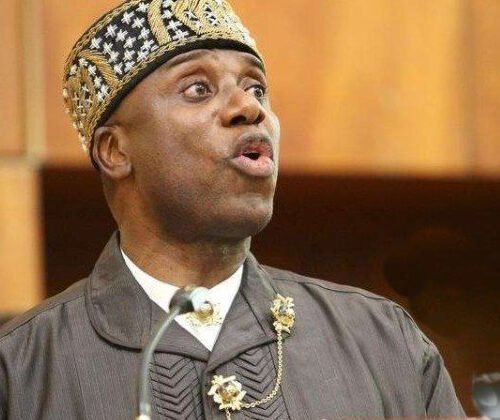Reflecting Easter: A Comparison in Governance and Literature
Governor Alex Otti’s initiatives between 2024 and 2025 reflected a deliberate alignment of governance with the symbolic themes of Easter—renewal, sacrifice, and communal joy—to enhance the well-being of Abians. In 2024, Otti’s administration prioritized foundational reforms, such as clearing pension arrears and standardizing salary payments, which restored financial dignity to retirees and public servants. These efforts mirrored Easter’s message of redemption, as retirees who had endured years of neglect could finally celebrate the holiday with renewed hope. Otti framed these actions as acts of sacrificial leadership, publicly delaying his own salary until workers were paid, a gesture that resonated with Easter’s emphasis on selflessness and collective welfare. By addressing systemic injustices, his policies laid the groundwork for trust in governance, much like the holiday’s focus on reconciliation and new beginnings.
By 2025, Otti’s strategies evolved to emphasize cultural and economic revitalization, further embedding Easter’s themes into long-term development. Infrastructure projects, such as the completion of the Port Harcourt Road in Aba and rural road networks, improved accessibility for families reuniting during Easter and boosted commerce year-round. The administration’s endorsement of cultural events like the Ekponiboro Festival in Abam tied communal celebrations to Easter’s spirit of unity, while new agricultural investments and agro-industrial zones linked economic productivity to the holiday’s symbolism of renewal. Otti’s ₦3.4 billion social protection fund, targeting vulnerable groups through vocational training and cash transfers, extended Easter’s ethos of care into tangible empowerment, ensuring marginalized communities could participate meaningfully in festivities. Security enhancements under “Operation Crush” also created safer environments for Easter gatherings, reflecting the holiday’s promise of peace and stability.
Throughout both years, Otti’s rhetoric and policies consistently framed governance through Easter’s moral lens. His speeches drew parallels between Abia’s transformation and religious narratives, such as referencing the “rejected stone” analogy to symbolize the state’s resurgence. By prioritizing anti-corruption measures and citizen engagement in budget planning, Otti positioned integrity and inclusivity as non-negotiable values, akin to Easter’s call for ethical renewal. The 2025 budget, dubbed the “Budget of Sustained Momentum,” mirrored the cyclical hope of Easter, promising continuity in development projects that uplifted living standards. While no Easter-specific events were state-sponsored, these holistic reforms created an environment where Abians could celebrate the holiday with greater economic security, cultural pride, and communal optimism. Otti’s administration thus redefined Easter as not merely a religious observance but a metaphor for governance—a time to reflect on collective progress, sacrifice for the greater good, and the enduring promise of renewal.

Dr Chukwuemeka Ifegwu Eke writes from Yakubu Gowon University Nigeria







